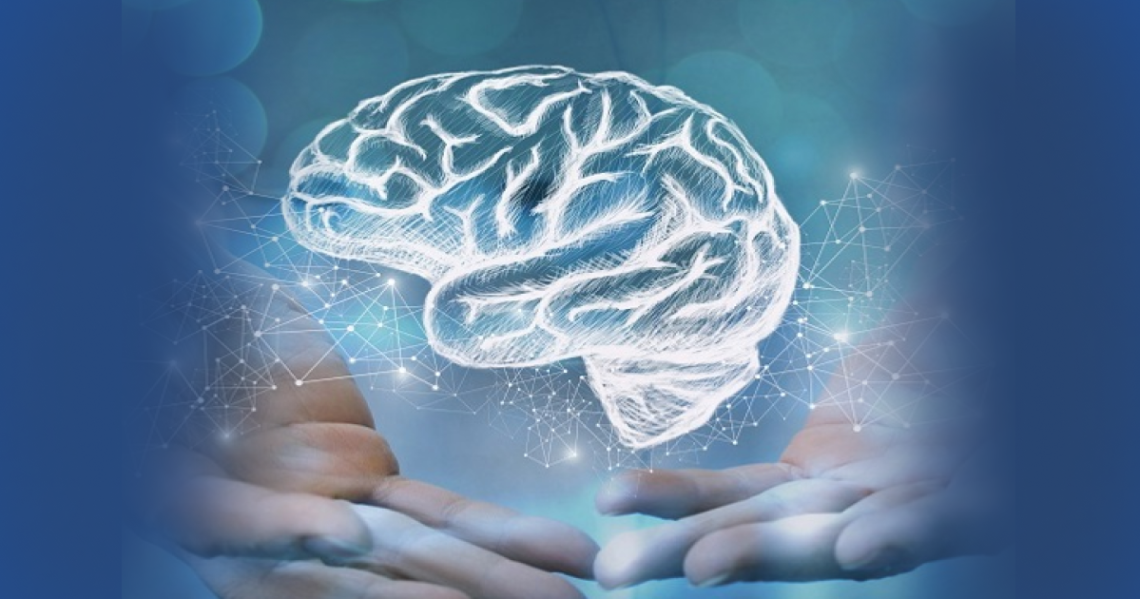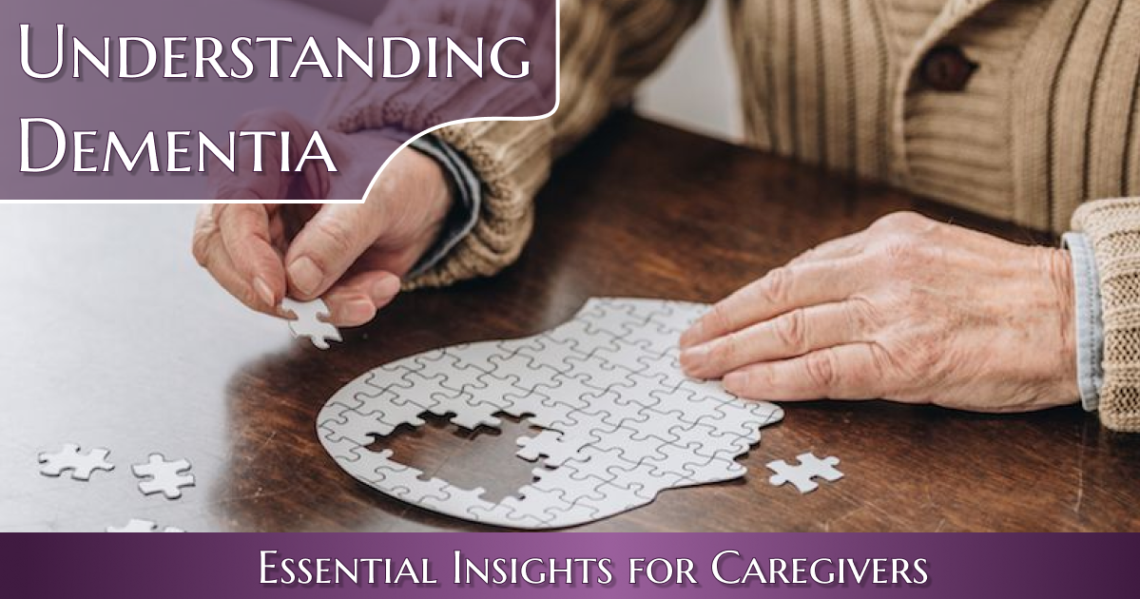-
Taking Care of Your Brain Health 💡🧠
Did you know that taking care of your brain health is just as important as taking care of your body? Here are some easy tips to keep your mind sharp and clear: Eat Well : A balanced diet rich in fruits, vegetables, whole grains, and lean proteins can boost cognitive function and protect against decline. Omega-3 fatty acids, found in fish like salmon, are especially beneficial! Stay Active : Regular physical activity increases blood flow to the brain and supports neuron health. Aim for at least 30 minutes of exercise most days. Sleep Well : Quality sleep is crucial for memory consolidation and overall brain health. Make sure to get…
-
How a Healthy Diet Affects Brain Health 🌟
Did you know that what you eat can significantly impact your brain health? 🧠🍎 Research shows that a balanced diet rich in fruits, vegetables, whole grains, and lean proteins can boost cognitive function and protect against cognitive decline. Omega-3 fatty acids found in fish like salmon are particularly beneficial, as they support neuron health and improve memory. 🐟🧠 Studies have also found that antioxidants in berries and leafy greens reduce inflammation and oxidative stress, which are linked to aging and neurodegenerative diseases. Including nuts and seeds in your diet provides vitamin E, which is known to slow down cognitive decline. 🥜 On the other hand, high-sugar and processed foods can…
-
Discover Effective Stress-Reduction Techniques 🌿✨
Feeling overwhelmed? Life can get hectic, but finding the right stress-reduction techniques can make a world of difference. Here are some tried-and-true methods to help you regain your calm and balance: Mindful Meditation : Take a few minutes each day to sit quietly and focus on your breath. Mindfulness can help reduce anxiety and improve your overall well-being. Deep Breathing Exercises : Practice deep breathing techniques to calm your mind and body. Inhale slowly, hold, and exhale – repeat a few times to feel more relaxed. Adequate Sleep : Ensure you get 7-9 hours of quality sleep each night. A well-rested mind is better equipped to handle stress. Connect with…
-
Understanding Dementia: Essential Insights for Caregivers 🧠❤️
Caring for someone with dementia can be challenging, but understanding the condition makes a significant difference. Recognize early signs like memory loss, confusion, and difficulty with everyday tasks, and consult a healthcare professional for a proper diagnosis. Maintaining a consistent routine helps reduce confusion and anxiety. Establish a daily schedule and communicate clearly and calmly, using simple sentences. Create a safe and accessible living environment, removing hazards and keeping essential items within reach. Encourage activities that stimulate the mind and body, such as hobbies and light exercises. Patience and compassion are key, as behavioral changes are part of the disease. Seek professional help from healthcare providers and support groups for…
-
Progress Over Perfection
When did I get so tired? When was the last time I slept through the night? Do I even remember what it felt like to be rested? At this point, just soaking in a hot tub for 15 minutes would feel like a mini vacation! I have to find some help. There has to be a better way! Earlier that day, I took Mom and my mother-in-law, Jean, to the doctor for their checkups. You should know that they are best friends and enjoy spending time together. I scheduled them both with the same physician to save time, trips, and confusion since I was a caregiver to both. Mom was…
-
How to Stay Healthy as a Caregiver
You love your care recipient and do everything you can to make them happy. You want the best for them. But while you're busy caring for someone else's needs, neglecting your own wellness is easy. The best way to avoid illness and caregiver burnout is to take the following steps to reduce stress and maintain your physical and mental health, brought to you today by The Purple Vine. Limit Caffeine and Sugar As a caregiver, you probably don't get enough sleep because you're awake with your loved one for much of the night. Getting proper rest is vital to staying healthy and reducing stress, so make it a point to…
-
Just One Thing
How would our lives improve if we changed just one thing this week? Changing just any old thing may not have any impact, for example, putting on your shirt before your pants, if that's your habit. That won't cause any ripple effects, mood enhancements, or much else, as far as I'm concerned. But what if the ONE THING we focussed on was literally where we put our focus? Bear with me; it will make sense in just a minute. Have you ever found yourself dwelling on those who don't support you? The spouse, partner, sibling, relative, or friend who never seems to have time to help you?Have you noticed yourself…
-
Stress-Reduction Techniques
We know small amounts of stress can be beneficial to the body, but prolonged high stress causes damage to our bodies in many different ways. Diabetes, heart problems, migraines, indigestion, and depression to name a few. Since the effects are negative, let's consider some positive steps we can take to reduce stress. 1) Take breaks: It's crucial for caregivers, (and others,) to schedule regular breaks to rest and recharge. Even short breaks can help alleviate stress and prevent burnout. 2) Seek support: Don't hesitate to reach out to family members, friends, or support groups who can provide emotional support and share in the caregiving responsibilities. 3) Prioritize self-care: …
-
Let’s Lower Your Stress Levels
I have a few Questions 1) How peaceful and happy is your day-to-day life? Do you ever lose your temper? Get anxious? 2) What systems are in place to help you destress? Do you have systems to reduce anxiety? 3) How’s your attitude? Are you happy, cheerful, and thankful or do you experience some grudges, bitterness, anger, or self-pity? Before you start beating yourself up, we ALL get stressed, angry, and anxious. The difference comes in how we handle it. Stress can cause a host of issues including, but not limited to the following: Heart disease Obesity Diabetes Mental health problems, such as depression, anxiety, and personality disorders. According to…
-
The Diagnosis isn’t the End
When someone is told they've got Dementia, they don't immediately lose all memories & become a shell of their former self. Receiving the news can be devastating, but it doesn't immediately change your thoughts, behaviors, or memory. My handsome son and my mom. There are upwards of 100 conditions that fall under the Dementia Umbrella. Some of the most common are: Alzheimer's Frontotemporal Dementia Vascular Dementia Parkinson's Lewy Body Dementia Multi-Infarct Dementia Huntington's Disease Creutzfeldt-Jakob Disease Alcohol-related Dementia Down Syndrome with Alzheimer's HIV Associated Dementia Childhood Dementia They all impact reasoning, memory & activities of daily life, but there are different symptoms associated with each different disease. Most are a…










